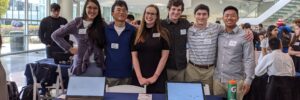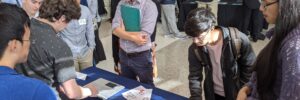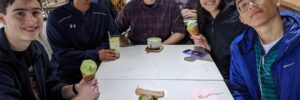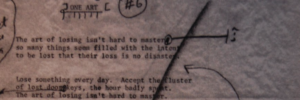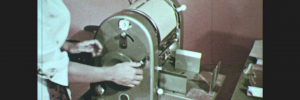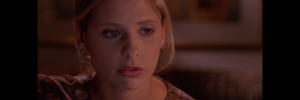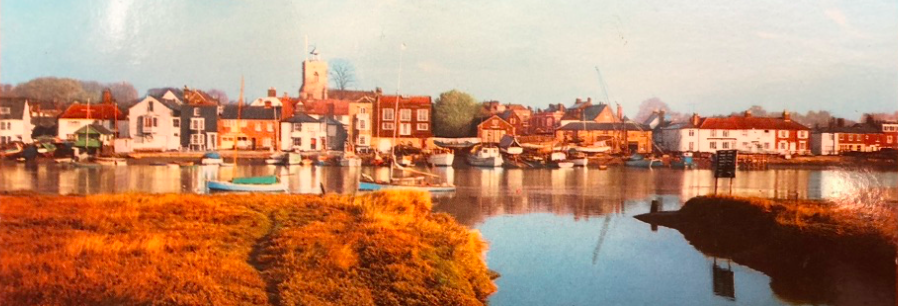Teaching in All Seasons: Poetics, Ideal Tendencies, and Food Literacy
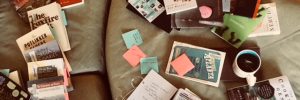
In November 2020, the Georgia Tech community experienced a tragic loss: the passing of Dr. Darcy Mullen, a Marion L. Brittain Postdoctoral Fellow and a faculty member in the Writing and Communication Program. Darcy was a scholar, teacher, writer, musician, colleague, and friend to many of us; we miss her… Continue reading

